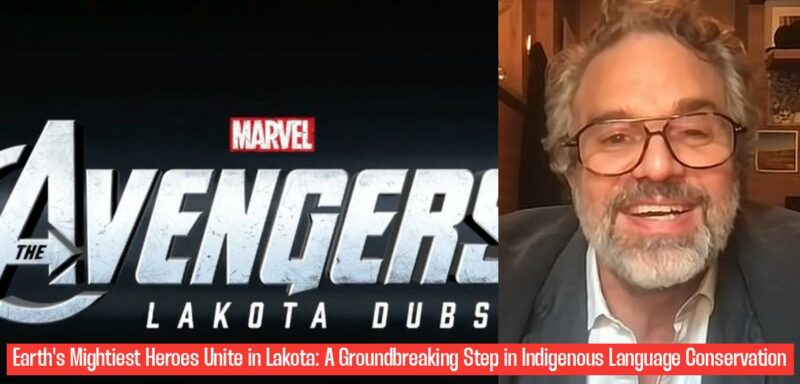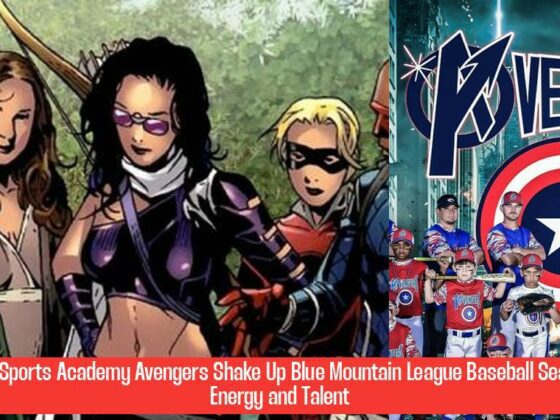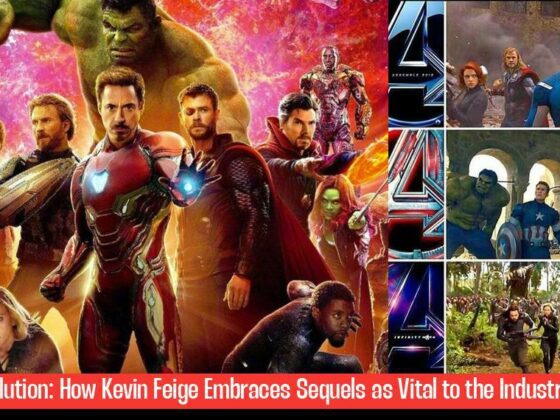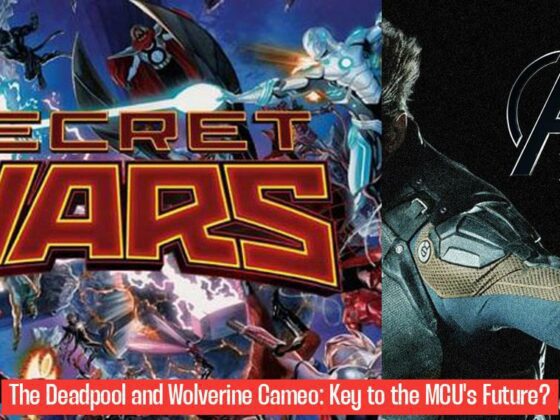Earth’s Mightiest Heroes Speak Lakota: A New Chapter in Indigenous Language Preservation
Imagine watching your favorite superhero movie, “The Avengers,” but instead of hearing the familiar English voices, you hear the powerful and melodic tones of the Lakota language. This is now a reality for Lakota speakers, thanks to a monumental effort that brought one of the most iconic superhero films to life in their native tongue.
The Avengers Assemble in Lakota
The Lakota-dubbed version of “The Avengers” is a testament to the power of collaboration and the importance of preserving Indigenous languages. Marvel Studios, the Lakota Language Reclamation Project, and Grey Willow Studios joined forces to bring this dream to fruition, making it a truly special project for the Lakota community.
The project was spearheaded by actor Mark Ruffalo, who plays the Hulk in the film. Ruffalo, deeply committed to Indigenous rights, actively worked with the Lakota community to ensure the authenticity and accuracy of the Lakota dub. He recognized the immense value of bringing this beloved film to a wider audience while simultaneously promoting the preservation and revitalization of the Lakota language.
The Lakota dub is a significant milestone for Indigenous language preservation efforts. It represents a powerful step towards reclaiming and celebrating the richness and diversity of Indigenous languages. It also showcases the growing recognition of Indigenous culture and language within mainstream media.
The Journey to Lakota
Bringing “The Avengers” to life in Lakota was no small feat. It involved a meticulous process of translation, voice acting, and sound engineering, all while upholding the integrity and beauty of the Lakota language.
The translation process was led by a team of dedicated linguists and language experts from the Lakota Language Reclamation Project. They meticulously translated the script from English to Lakota, ensuring that the nuances of the dialogue were captured accurately. The translation process wasn’t just about finding equivalent words; it was about finding the right Lakota voice to convey the essence of each character and their emotional depth.
The voice acting was entrusted to a talented cast of Lakota speakers, who brought the characters to life with their unique voices and accents. They were meticulously chosen to embody the spirit of each character, bringing a sense of authenticity and richness to the Lakota dub. The voice actors went through rigorous training to ensure that their pronunciation and delivery were accurate and expressive.
The process also involved skilled sound engineers who carefully blended the Lakota voices with the original movie’s sound effects and music, creating a seamless and immersive experience. The result is a truly remarkable cinematic experience that captures the essence of “The Avengers” while celebrating the beauty and power of the Lakota language.
A Celebration of Lakota Culture and Language
The Lakota dub of “The Avengers” is more than just a translation; it’s a celebration of the rich cultural heritage of the Lakota people. The film offers a unique opportunity for viewers to experience the vibrancy and expressiveness of the Lakota language, and its impact goes beyond entertainment. It serves as a powerful tool for promoting language revitalization and cultural awareness.
For Lakota speakers, the dub is a source of pride and empowerment. It shows that their language is valued and recognized, and it inspires younger generations to embrace their cultural heritage.
The Lakota dub of “The Avengers” is a testament to the resilience of Indigenous languages and the power of community. It demonstrates that even in the face of challenges, Indigenous languages can thrive and continue to inspire future generations.
A Call for More Indigenous Representation in Media
The Lakota dub of “The Avengers” is a significant step towards greater diversity and inclusion in the entertainment industry. It sets a precedent for other studios to embrace Indigenous languages and cultures in their projects. We need to see more films, TV shows, and other forms of media that feature Indigenous voices and perspectives.
This move by Marvel Studios is a positive sign that the industry is starting to recognize the importance of representing diverse cultures and languages. It’s a call for more filmmakers, studios, and platforms to embrace the richness and beauty of Indigenous languages and cultures.
Beyond “The Avengers”: A Legacy of Language Preservation
The Lakota dub of “The Avengers” is not an isolated event. It’s part of a growing movement to preserve and revitalize Indigenous languages worldwide.
Similar efforts are underway to translate popular movies and TV shows into other Indigenous languages, such as Navajo, Cherokee, and Hawaiian. These projects are not just about entertainment; they are about ensuring that Indigenous languages are passed down to future generations.
These initiatives are critical to the survival of Indigenous languages, which face threats of extinction due to colonization, assimilation, and the dominance of globalized languages. By creating accessible and engaging content in Indigenous languages, we can inspire young people to learn and speak their native tongues.
The Future of Indigenous Language Preservation
The Lakota dub of “The Avengers” serves as a beacon of hope for Indigenous languages. It demonstrates that even in an era of globalization, there is a strong desire to preserve and celebrate cultural diversity.
The future of Indigenous language preservation lies in the hands of communities, educators, and policymakers. We need to continue investing in language revitalization programs, develop innovative teaching methods, and create more media content in Indigenous languages.
We also need to raise awareness about the importance of Indigenous languages and their role in cultural identity, knowledge preservation, and reconciliation. By supporting these initiatives, we can ensure that Indigenous languages continue to thrive and inspire future generations.
The Lakota dub of “The Avengers” is not just a movie; it’s a powerful symbol of hope and resilience. It’s a testament to the power of community, collaboration, and the enduring spirit of Indigenous languages. As we celebrate this milestone, we must continue to champion the preservation and revitalization of Indigenous languages worldwide.
What is the significance of Marvel’s The Avengers being dubbed in Lakota language?
The Lakota-dubbed version of “The Avengers” is a monumental effort in preserving Indigenous languages and celebrating the richness and diversity of Lakota culture.
Who spearheaded the project to bring The Avengers to life in Lakota?
Actor Mark Ruffalo, known for his role as the Hulk, actively worked with the Lakota community to ensure the authenticity and accuracy of the Lakota dub, recognizing the importance of Indigenous language preservation.
How was the translation process of The Avengers into Lakota language carried out?
A team of linguists and language experts from the Lakota Language Reclamation Project meticulously translated the script, focusing on capturing the nuances of the dialogue and finding the right Lakota voice to convey the essence of each character.
> Get Ready for Another Incredible Life-Size Gundam at Expo 2025 in Osaka
Who were responsible for the voice acting in the Lakota-dubbed version of The Avengers?
A talented cast of Lakota speakers was chosen to bring the characters to life with their unique voices and accents, embodying the spirit of each character and adding authenticity to the project.



